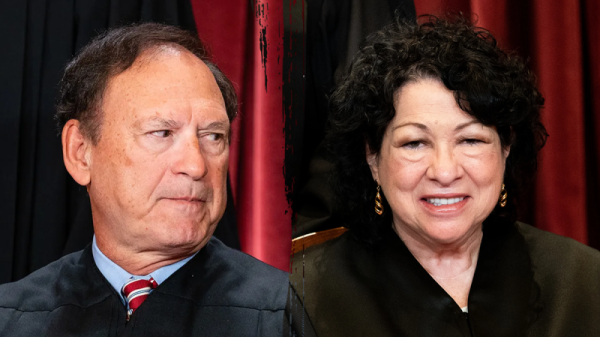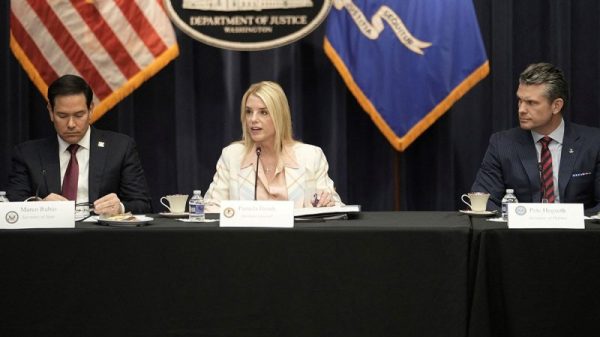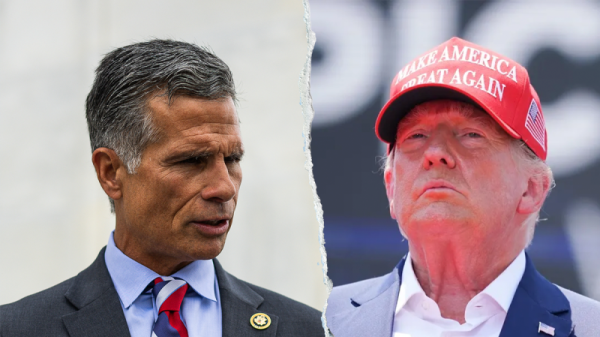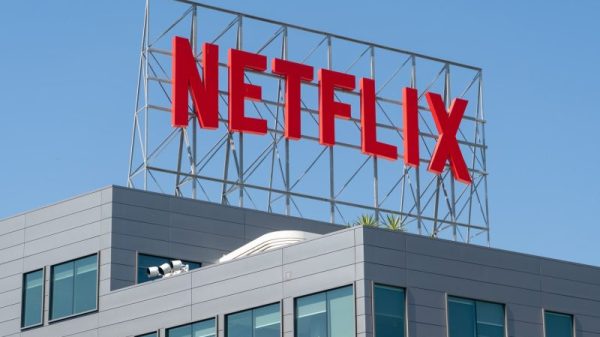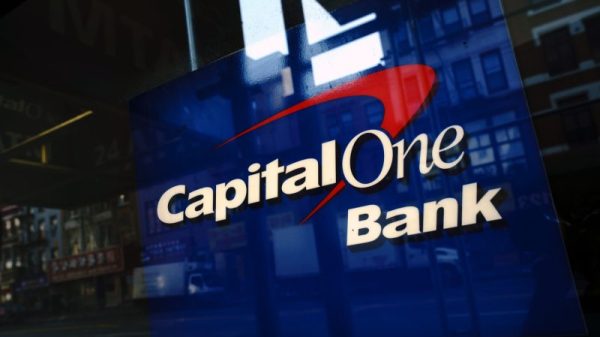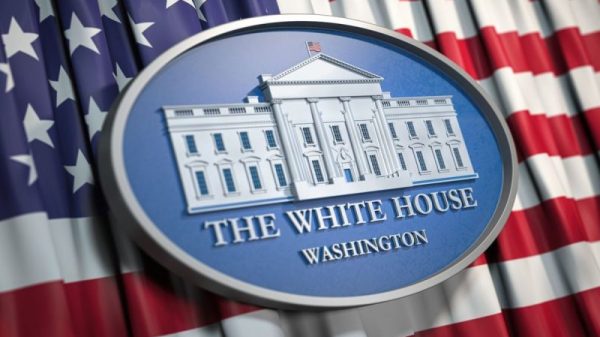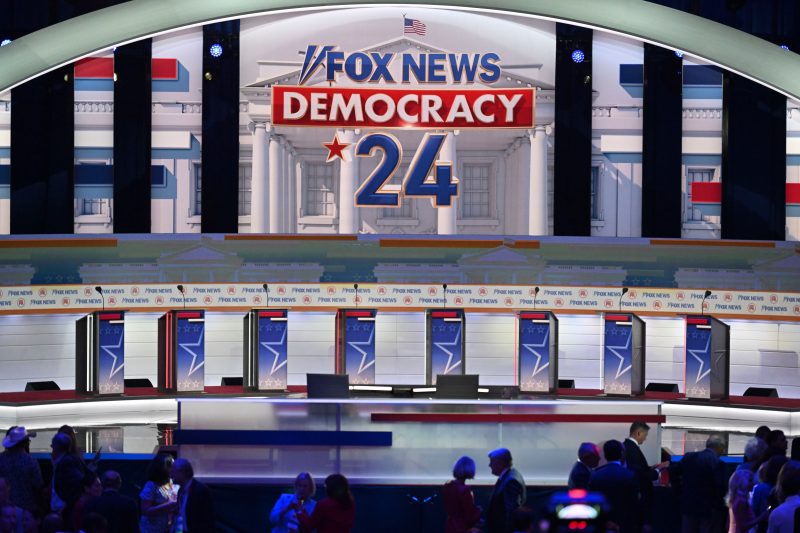It is very easy to be cynical, so let’s indulge that.
At some point in time, presumably, political debates were meaningful. Observers watching in person, reading newspaper transcripts, listening on the radio or watching on television considered the contrasting views of the candidates for office and used what they gleaned to inform their votes. Perhaps many still do.
Most voters, though, appear to make up their minds at other points. There is little need to use the debates to evaluate the candidates; our relentlessly engaged news media (ahem) presents and parses and dissects those views for reading or streaming whenever we want. Candidates have gotten more careful about how they present themselves, sanitizing the debates themselves. It’s more useful to drop a zinger that goes viral than to explain why your adjustments to the tax code might incrementally improve the economy.
All of that said, though, it’s still possible that debates could be less useful than they have been in recent years. And it seems quite likely that the one hosted by Fox Business on Wednesday will achieve that goal.
Consider first of all the nature of the race at the moment. Former president Donald Trump retains an enormous lead over the rest of the field, itself not necessarily an indicator of a non-useful debate. But that Trump is skipping the debate (as he did the last one) presents an unusual situation. Has there ever been a presidential primary debate before in which the participants cumulatively have the support of less than 50 percent of the electorate? Setting aside Aug. 23′s first Republican debate of the cycle, that is.
Even when the 2016 Republican field was subjected to a bifurcated debate — one for the top contenders, another for those polling in the low single digits — the main event featured candidates who cumulatively accounted for three-quarters of the vote in RealClearPolitics’ polling average.
On Wednesday, the main stage will feature candidates who have a combined 37 percent national polling support. Creating a graph of the support for those seven candidates and Trump on the same scale requires an awful lot of white space.
(The shaded areas on the graphs in this article are the margins of uncertainty in the polling average.)
None of this means that the debate can’t result in dramatic shifts in the standing of candidates, of course. Perhaps one of the participants will offer criticism of Trump so withering that his support suddenly crumples, a possibility that serves for other Republican presidential contenders the function that a Powerball ticket serves for someone deep in debt. Or perhaps the second-tier jostling will elevate one candidate enough that it narrows the gap in an early primary state, keeping open the door that maybe something else will shake loose in the future.
We do have at least one data point on the effects of a non-Trump debate: what happened after that one in August.
The story is pretty straightforward. Former ambassador Nikki Haley gained a few points in the polls after the debate. Most of the candidates didn’t move much, though most of them didn’t have much room to maneuver anyway. Florida Gov. Ron DeSantis’s position softened a little; business executive Vivek Ramaswamy’s fell quite a bit.
The Washington Post and our partners at FiveThirtyEight and Ipsos polled Republican primary voters who watched the debate to establish who they felt performed the best. Those honors went to … DeSantis and Ramaswamy.
Haley came in third in our poll, I’ll note, matching her increase in the polls. But that increase was only 3 points over the subsequent month — meaning that she only needs similar gains in the next 16 months to match Trump’s current position in the polls and 15 months to hit 50 percent in national polls. So by December 2024, she’ll be a lock to win the primaries that ended six months previously.
Again, this is the cynical take! Maybe something can change somehow somewhere and maybe the debate will be the catalyst for it.
And maybe, this time, I’ll win Powerball.


